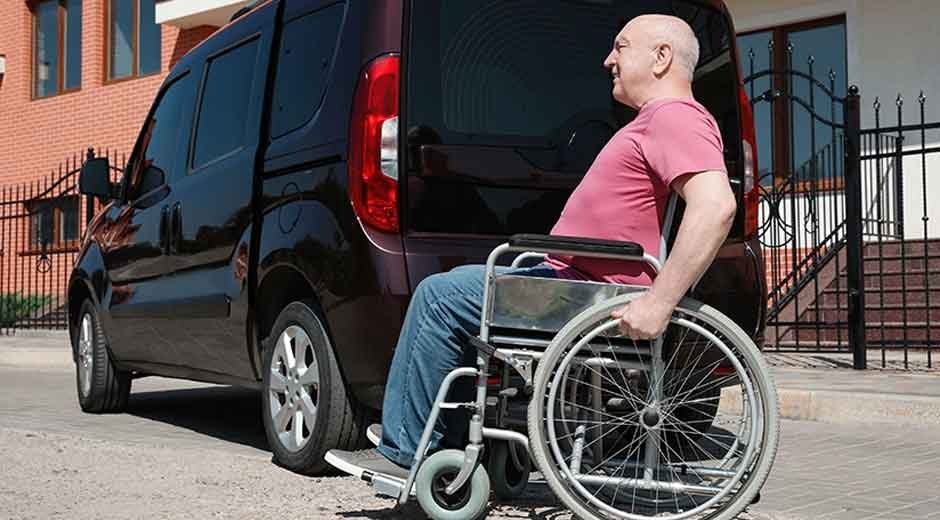Traveling for medical reasons isn’t always an emergency. For many seniors and high-risk patients, non-emergency medical travel is essential for managing health, accessing specialized care, or getting second opinions. However, this type of travel comes with challenges. How do you plan the trip? What precautions should you take? How can you ensure safety and comfort throughout?
Table of Contents
Understanding Non-Emergency Medical Travel
Non-emergency medical travel refers to journeys taken for medical purposes that do not require immediate intervention. This could involve traveling to receive routine treatments, specialized procedures, consultations with renowned specialists, or even elective surgeries. Unlike emergency medical travel, which is rapid and focused on acute needs, non-emergency medical journeys allow time for thoughtful planning and risk management.
Why is Non-Emergency Medical Travel Important?
- Access to Specialized Care
Many patients need to travel to consult with doctors who have expertise in their specific condition or to access treatments unavailable in their home area.
- Quality of Life
Regular treatments (like chemotherapy, dialysis, or specialist therapies) might be best delivered at medical centers outside the patient’s local community.
- Peace of Mind
Non-emergency medical travel ensures patients can seek second opinions or alternative care options to support their health and well-being.
Planning and Preparation
The success of any non-emergency medical trip hinges on careful planning. Poor preparation not only increases stress but can also pose risks to a person’s health.
Consulting Healthcare Providers
Start by talking to your primary care doctor or specialist. Inform them about your travel plans and destination. They will help assess if you’re fit to travel, make recommendations, and may suggest medical flight transport services if your condition requires extra observation or support.
Assessing Travel Risks
Health conditions, distance, length of trip, and chosen mode of transport (car, train, plane) can all affect safety during travel. Discuss with your doctor:
- Potential flare-ups of chronic conditions during travel.
- Specific risks based on your health status (e.g., risk of blood clots on long flights for those with limited mobility).
- Suitable means of travel and whether you’ll need a companion or caregiver.
Organizing Medical Records
Traveling with up-to-date medical information is essential:
- Gather a summary of your diagnoses, medications (with dosages), allergies, recent test results, and emergency contacts.
- Scan documents and store digital copies securely on your phone or cloud, in case originals are lost.
- Pack physical records in an easily accessible folder in your carry-on.
Being prepared ensures any care provider at your destination has the necessary context to treat you appropriately.
Travel Insurance
One of the most overlooked aspects of medical travel is adequate insurance. Medical emergencies can be costly, and coverage often varies widely depending on the insurer and the policy details.
Importance of Travel Insurance
Having robust travel insurance protects against the unexpected. Even with thorough planning, delays, cancellations, or sudden health deteriorations can happen.
- Medical Coverage Abroad
Not all domestic insurance plans cover international care. If your trip is overseas, verify you’re insured for the full range of healthcare services you might need.
- Evacuation and Repatriation
Should hospitalization or return transportation become necessary, the costs can be staggering without coverage.
Selecting the Right Policy
Look for policies that:
- Cater specifically to seniors or those with pre-existing medical conditions.
- Cover pre-existing conditions without restrictive clauses or exclusions.
- Include coverage for travel interruptions, hospital stays, and emergency transportation.
- Offer 24/7 support in your travel destinations.
Speak with insurers about your unique health needs and clarify any doubts before purchasing.
During Travel
With solid prep, travel day should still come with some mindful actions to maintain comfort and safety.
Managing Medications and Health Conditions
- Carry Extra Supplies
Bring more medication than you expect to need, and pack it in your carry-on.
- Keep a Medication Schedule
Especially when crossing time zones, keep track of medication timing. Set phone alarms if needed.
- Hydration and Nutrition
Stick with your usual dietary needs and drink plenty of water.
- Monitor Symptoms
If you feel unwell, communicate as soon as possible with your travel companions and local medical staff.
Staying Comfortable and Safe
- Dress Appropriately
Wear loose-fitting, layered clothing and supportive shoes.
- Move Regularly
On long journeys, move and stretch every hour to promote circulation and reduce the risk of blood clots.
- Use Mobility Aids
Bring any required canes, walkers, or wheelchairs, and alert airlines or transport providers well in advance.
- Sanitization and Hygiene
Pack hand sanitizer, wipes, and masks, especially important for those who are immunocompromised.
Post-Travel Care
Travel can take a toll, even without immediate issues. A smooth return home deserves as much attention as your departure.
Follow-Up Appointments and Care
- Schedule Early
Book a follow-up visit with your regular doctor or healthcare provider as soon as possible after returning.
- Share Travel Outcomes
Provide your doctor with details about any treatments or changes made while away, including new medications or diagnoses.
Monitoring Health
- Track Symptoms
Keep a daily log of your condition for the first week home. Note any unusual symptoms and contact your healthcare professional if anything seems amiss.
- Take It Slow
Allow time for rest and gradually resume normal routines, paying special attention to how you feel physically and emotionally.
A debrief with your medical team post-travel ensures that any new health information or complications are addressed promptly.
Conclusion
Non-emergency medical travel gives seniors and high-risk patients access to vital care, enhances quality of life, and empowers individuals to make proactive health choices. The key is strategic planning and open communication with your healthcare providers. Start by assessing health risks, securing the right insurance, staying organized with medical records, and giving equal attention to care during and after your trip.
